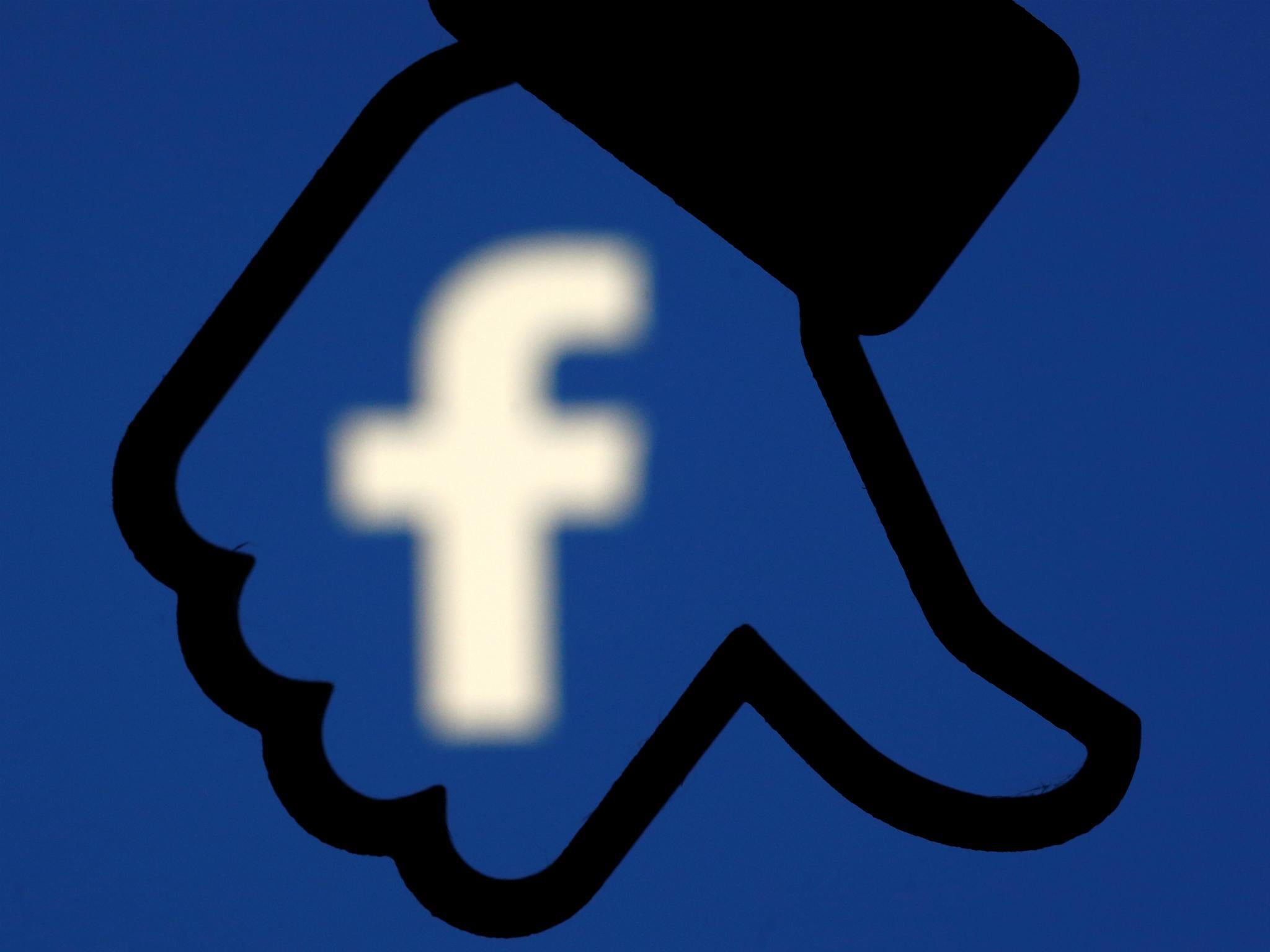Facebook losing its grip on young people, who are quitting the site in their millions
Social network said to have a 'teen problem', and Snapchat could take advantage

Your support helps us to tell the story
From reproductive rights to climate change to Big Tech, The Independent is on the ground when the story is developing. Whether it's investigating the financials of Elon Musk's pro-Trump PAC or producing our latest documentary, 'The A Word', which shines a light on the American women fighting for reproductive rights, we know how important it is to parse out the facts from the messaging.
At such a critical moment in US history, we need reporters on the ground. Your donation allows us to keep sending journalists to speak to both sides of the story.
The Independent is trusted by Americans across the entire political spectrum. And unlike many other quality news outlets, we choose not to lock Americans out of our reporting and analysis with paywalls. We believe quality journalism should be available to everyone, paid for by those who can afford it.
Your support makes all the difference.Young people are turning their backs on Facebook, according to a new report.
Two million people under the age of 25 will stop using the social network this year, research firm eMarketer predicted.
Facebook has a “teen problem”, the company said, adding that it expects fewer and fewer young social media users to continue to use the site in the future.
For the first time, the majority of US internet users between the ages of 12 and 17 won’t use Facebook once a month this year, eMarketer said.
It added that, while 83 per cent of social network users aged 18-24 will use Facebook in 2018, its share will fall to 81.5 per cent by 2021.
The number of Facebook users in the US aged 11 and younger is also expected to decline by 9.3 per cent over the year.
eMarketer also expects the number of Facebook users aged 12-17 and 18-24 to decrease by 5.6 per cent and 5.8 per cent, respectively.
“This is the first time eMarketer has predicted a decline in the number of US Facebook users in those age groups,” the company said.
“Facebook has a ‘teen’ problem,” said Bill Fisher, eMarketer’s UK senior analyst. ”This latest forecast indicates that it’s more than a theory.”
The site’s overall user base continues to grow, however, thanks to its increasing popularity among older people.
“In general terms we expect social network users under age 24 to show declining interest in Facebook as time goes on,” Karin von Abrams, principal analyst at eMarketer, told The Independent.
“Facebook may have been central to defining the social media category, and it still has many uses. But younger consumers in particular are looking for something beyond utility.
“They want novelty and exclusivity too; the search for the latest buzz in social media will continue to lead them away from Facebook.”
eMarketer also expects the number of Facebook-nevers” – young people who don’t use Facebook, and have never used Facebook – to increase.
“This is a logical consequence of the ‘ageing’ of Facebook as a proposition and a well-known environment, and the inevitable emergence of newer social platforms offering the buzz of new features and functions,” von Abrams added.
“Many teens already prioritize social networks such as Instagram and Snapchat over Facebook, and that trend is bound to increase as ever-younger consumers join social media.”
Snapchat in particular could be set to gain from Facebook’s loss.
Around 43 per cent of social media users will use Snapchat this year, which eMarketer said is more than twice its penetration rate from three years ago.
“Snapchat’s popularity with teens and young adults has grown significantly since the platform first launched in 2011,” eMarketer said.
“Snapchat has also introduced a range of interactive features that have appealed to teen audiences, in turn driving up the user number.
“Conversely, that has arguably turned off older audiences who favor Facebook’s less complicated social network experience.”
Join our commenting forum
Join thought-provoking conversations, follow other Independent readers and see their replies
Comments